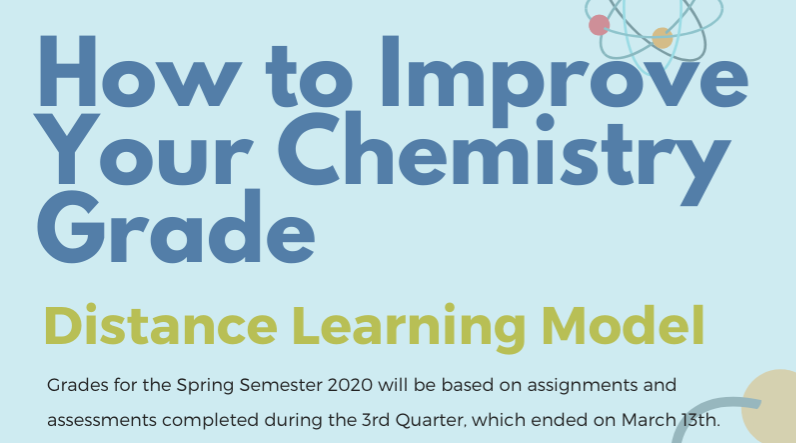Distance learning affects students and their ways to learn
Instead of waking up at 5:30, eating breakfast and leaving for school in the morning, Ethan Pelligrini now wakes up a bit later and doesn’t start his schoolwork till 9. Due to the COVID-19 pandemic, RUSD announced that students will not go back to school for the rest of the academic year. In order for students to keep learning, teachers and students are forced to practice distance learning over the internet. Through distance learning, teachers have the ability to post optional assignments for their students and to set up class or individual meetings through Zoom or Google Meet. However, many students find learning from home and keeping up with school easier online, while others have difficulty adjusting to the new changes.
“It’s been hard to adjust to online learning. It has affected me a lot as I’m not used to having to do online school, so it’s been really hard having the motivation to do work,” Kiera Easley said.
Other students have been enjoying learning from home as they have the freedom to work at their own pace.
“I have been doing well amongst the chaos. I typically work from about 9-3:30 p.m. and I work on each of my classes, which include Dual Enrollments, APs and Honors classes. I am really enjoying online learning because I have the ability to set my own schedule and follow it, and if I need a break I can take one,” Pelligrini said.
Learning online at home has also made some classes harder since certain students learn better in a classroom setting and prefer to ask teachers questions in person.
“For me, math and chem have always been easier to learn, so I don’t really find it a challenge to do them by myself. If anything, overall, distance learning has not been easier or harder. But the one challenging thing is reaching out to teachers and asking questions. Sometimes questions are easier to convey face-to-face,” Brooke Fujioka said.
On April 3, the district announced that teachers can only enter grades of assignments that can only improve the student’s current grade. If the grades do not improve the student’s average, it would not be counted against the student. Students have found this new rule very helpful as they don’t have to worry about their grades getting lowered.
“I do not think changes necessarily need to be made because grade improvement is being offered, but if you are content with your grade, that grade is frozen,” Pelligrini said.
Even though online learning is being provided for students to keep learning new skills, there are some students who find it harder to work, as procrastination is easier, and the motivation to work is lacking.
“My classes have overall gotten easier except for AP World History since it’s hard to prepare for the test without Mrs. [Leah] Seabrook being there to motivate me,” Olivia Roberts said.
Due to online learning being optional, it is highly recommended for students to complete assignments and attend meetings organized by their teachers in order for students to be prepared for the classes they chose for next year.
Students and parents can see district-issued information and links for support as it relates to online and remote learning resources here. The spring semester ends May 29.
by Nikhita Tandon











